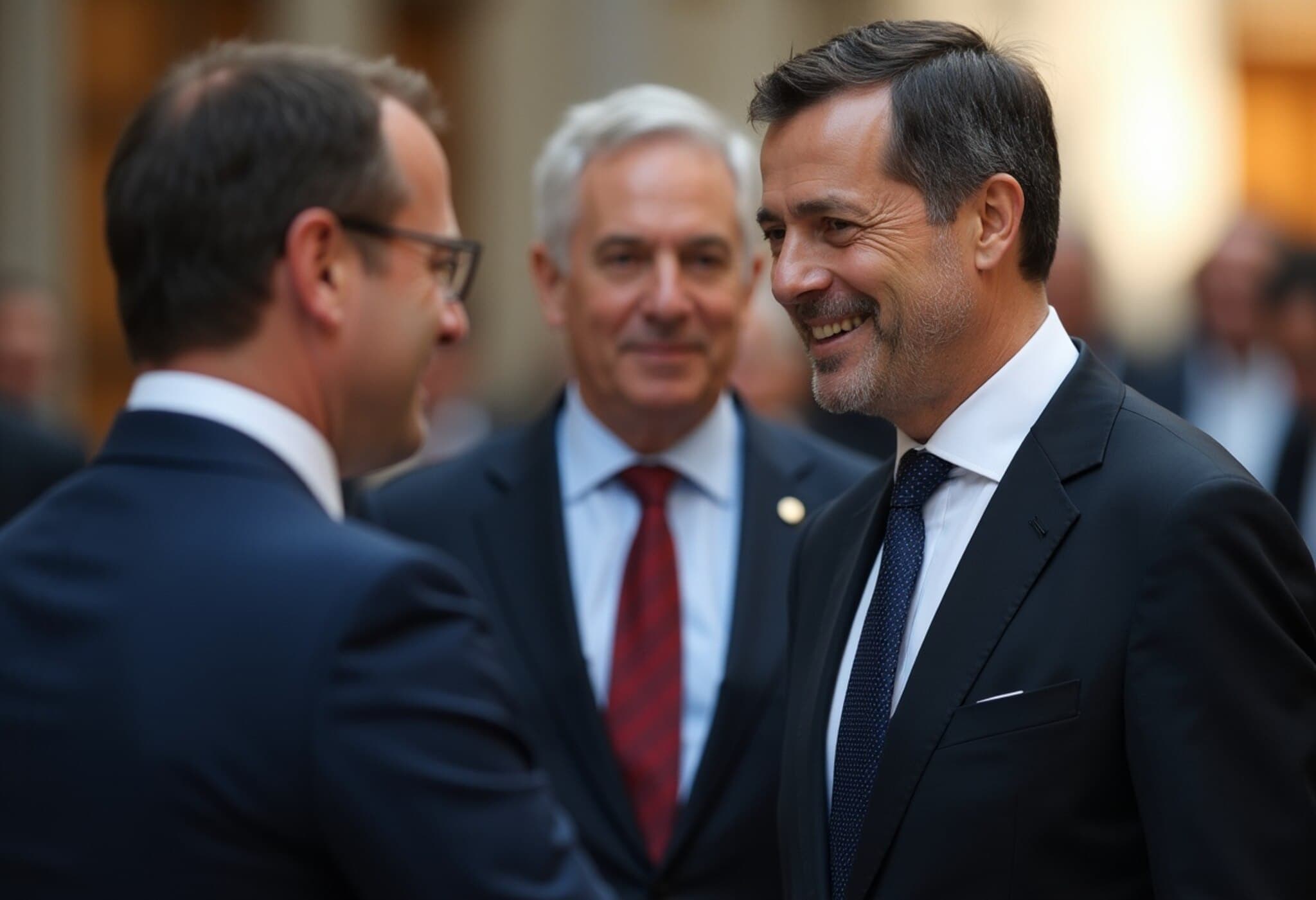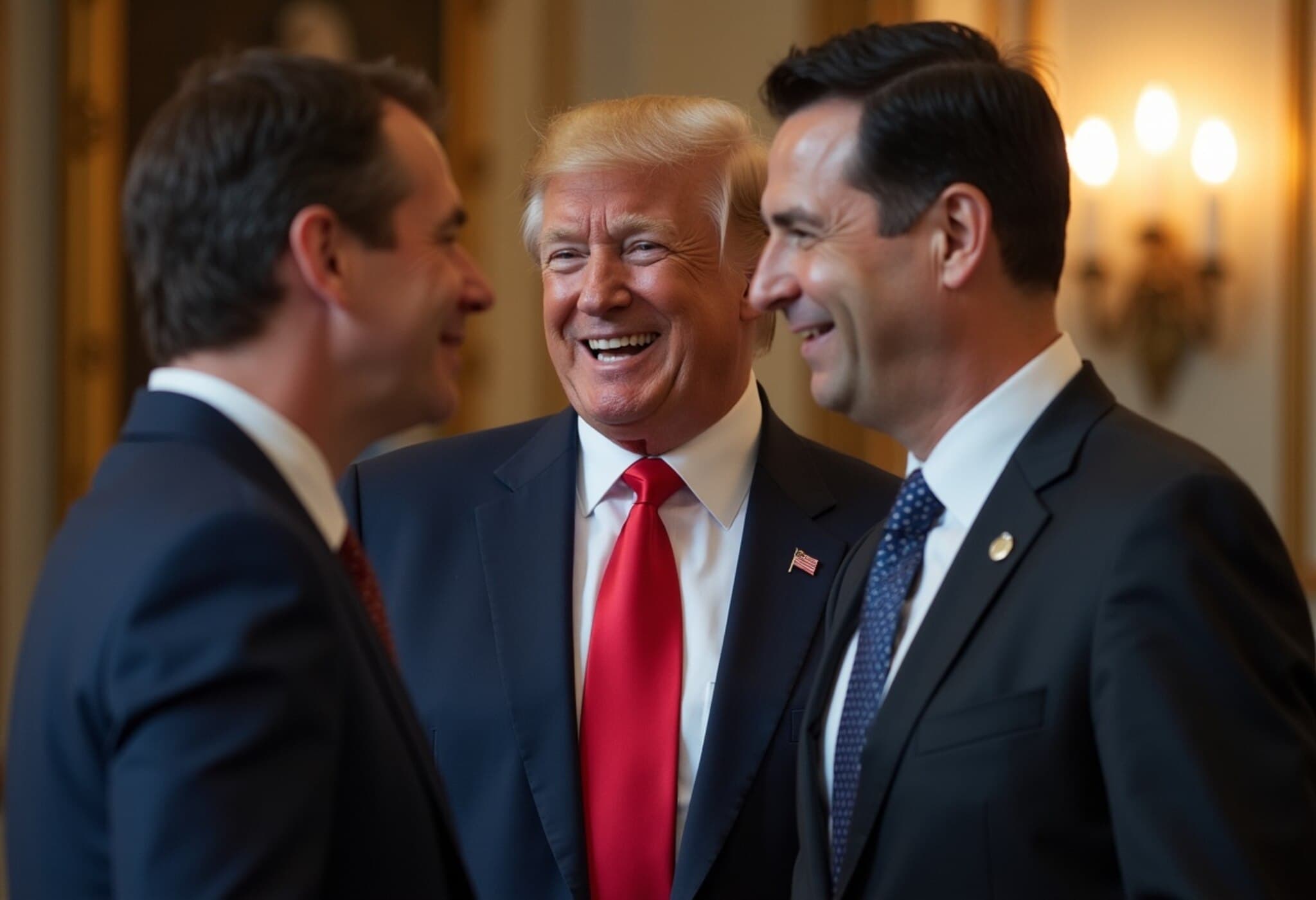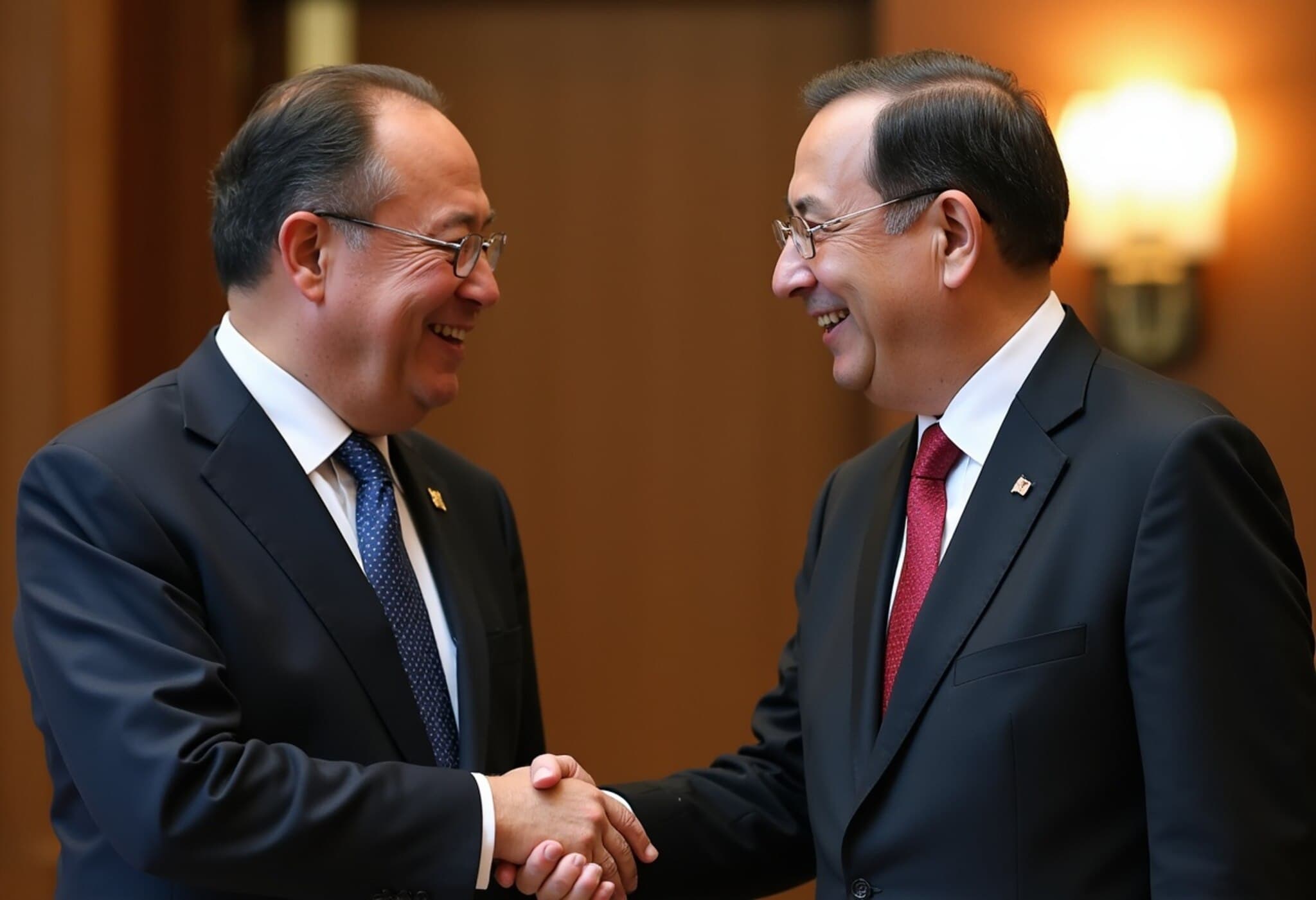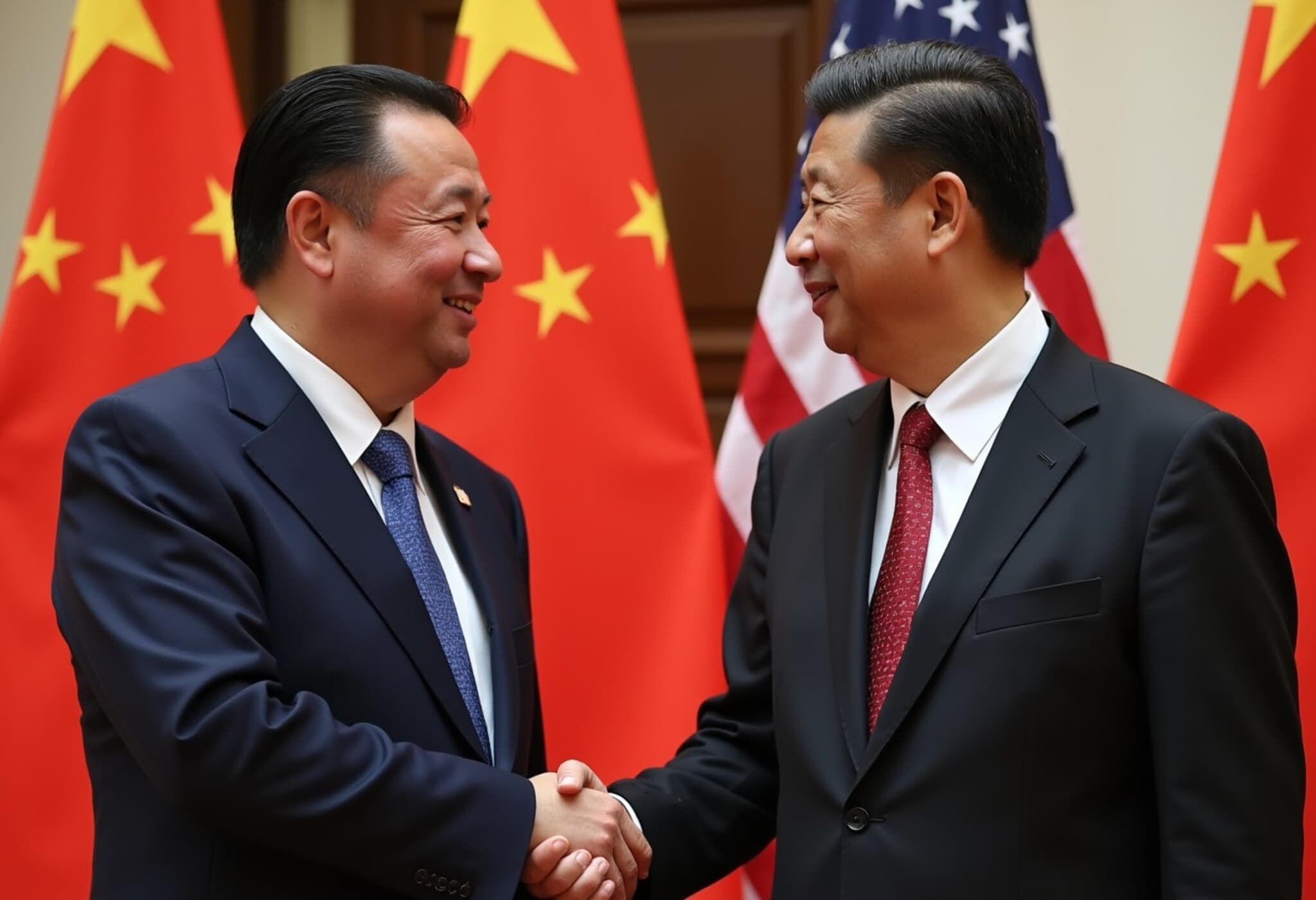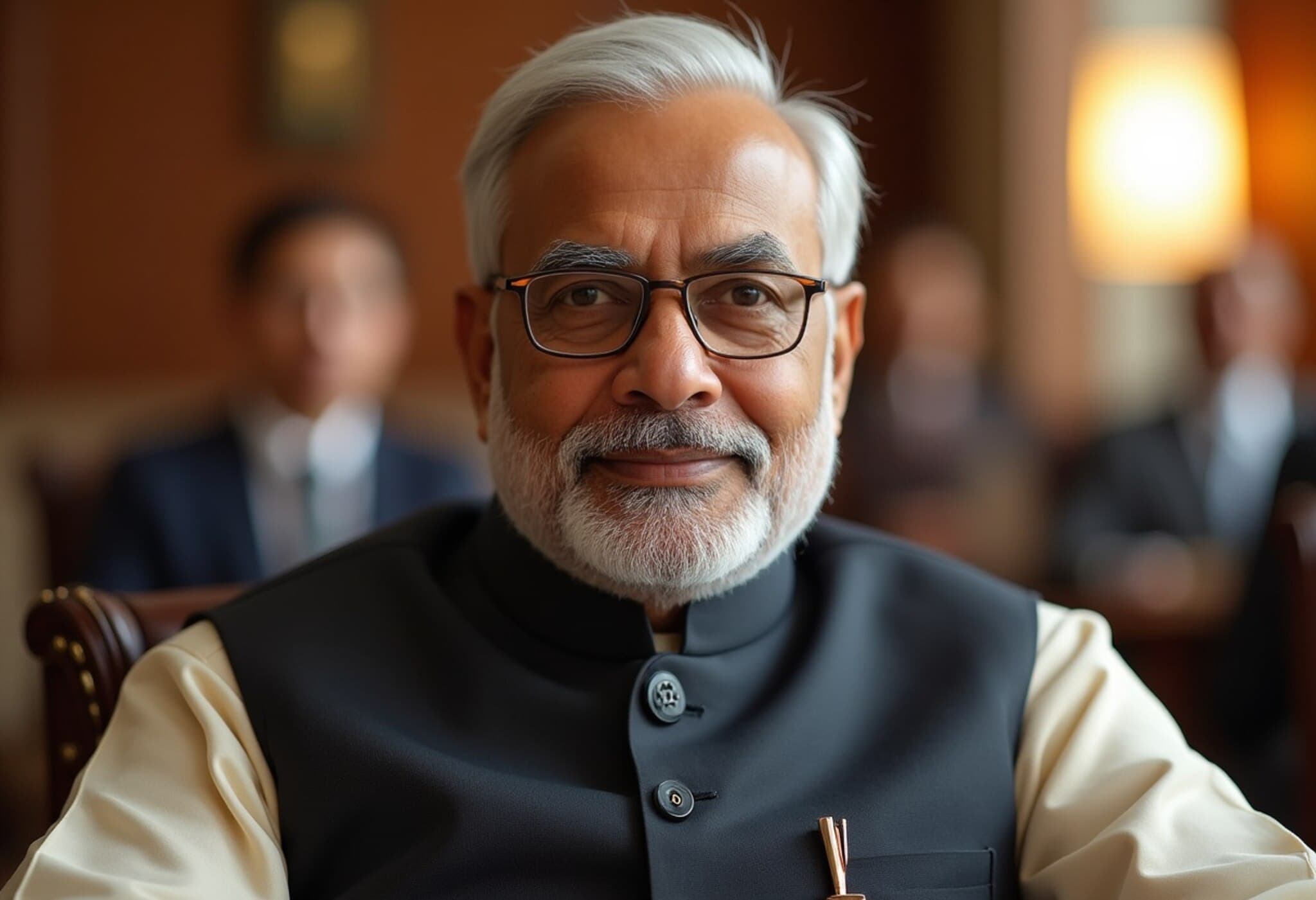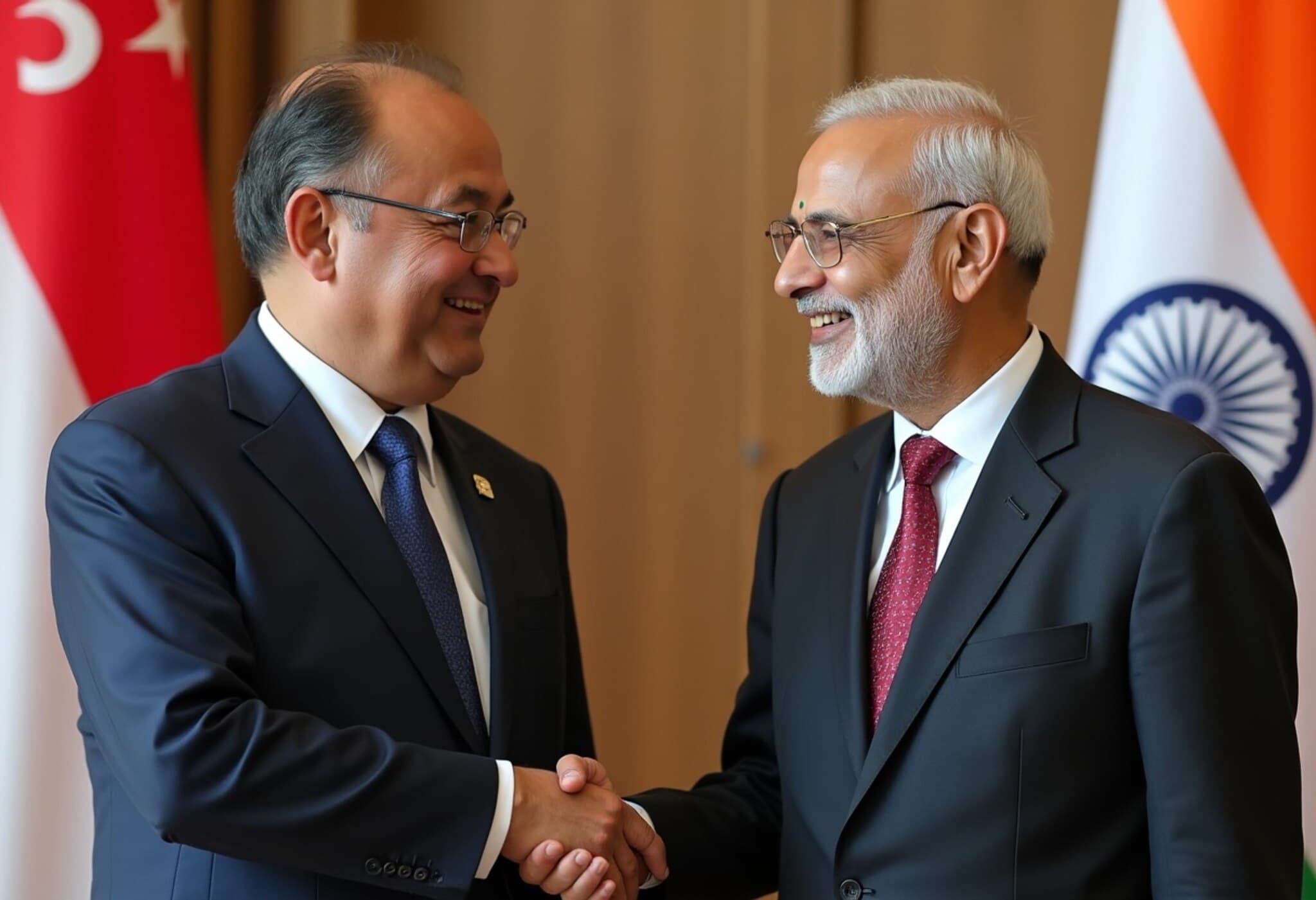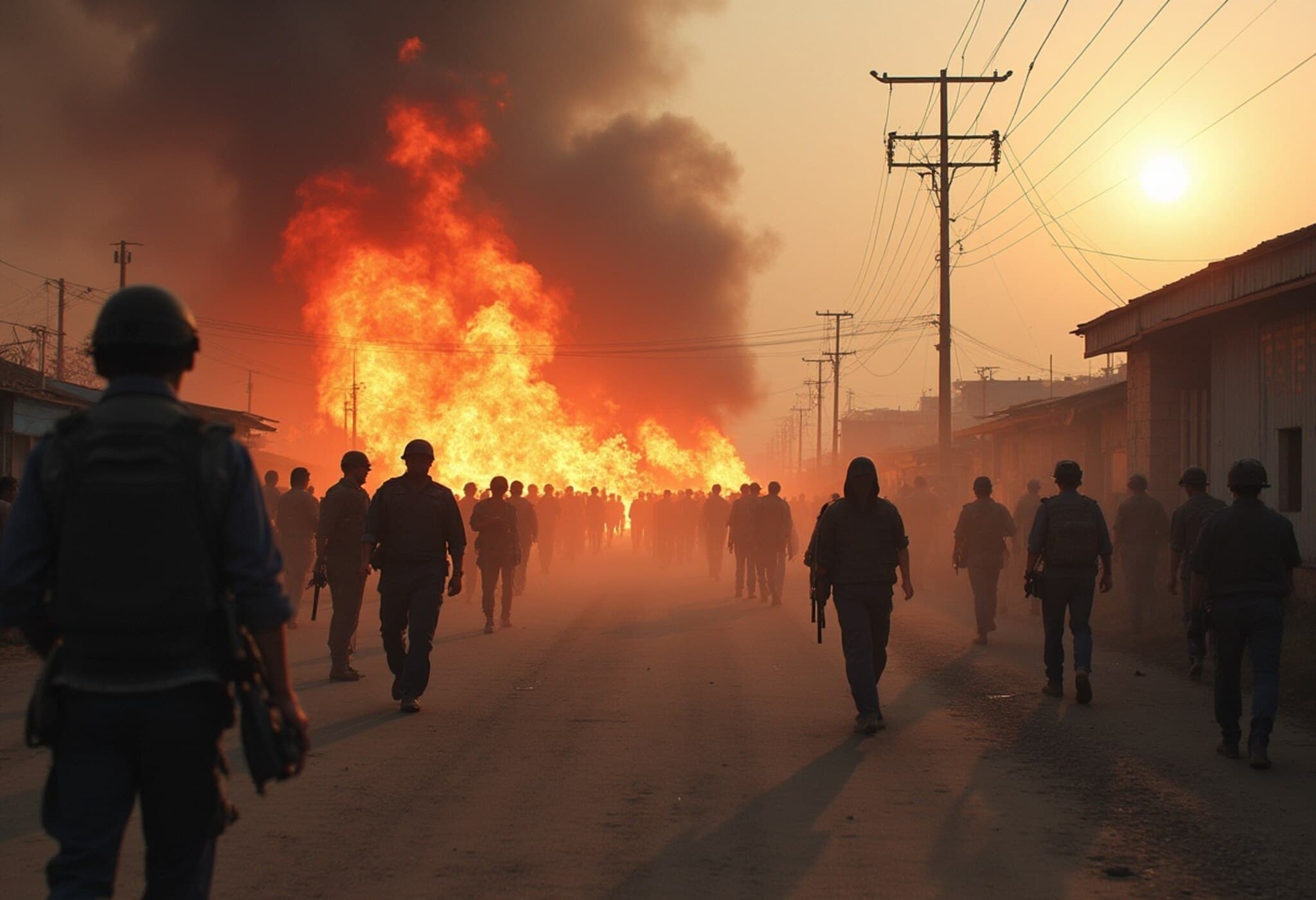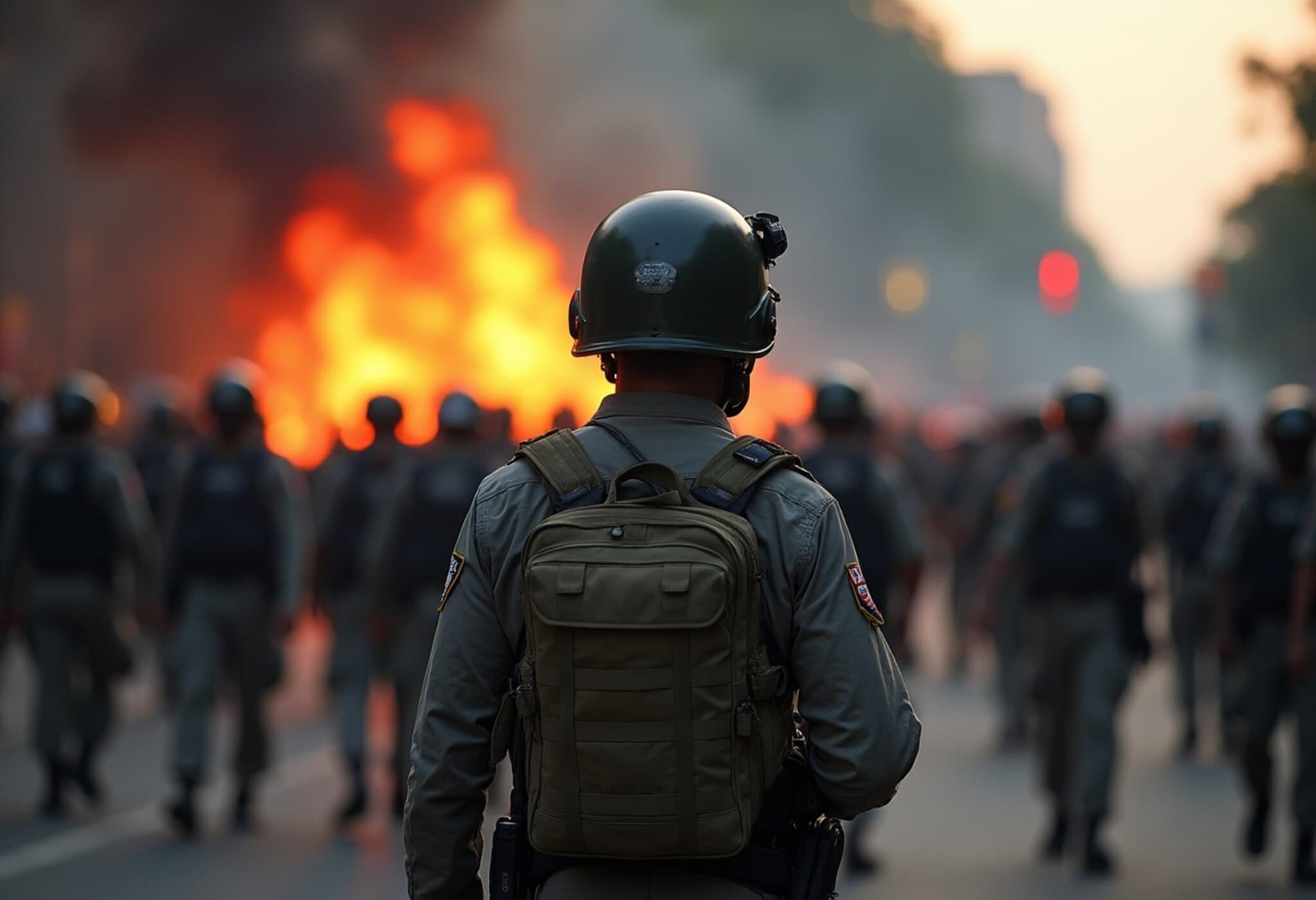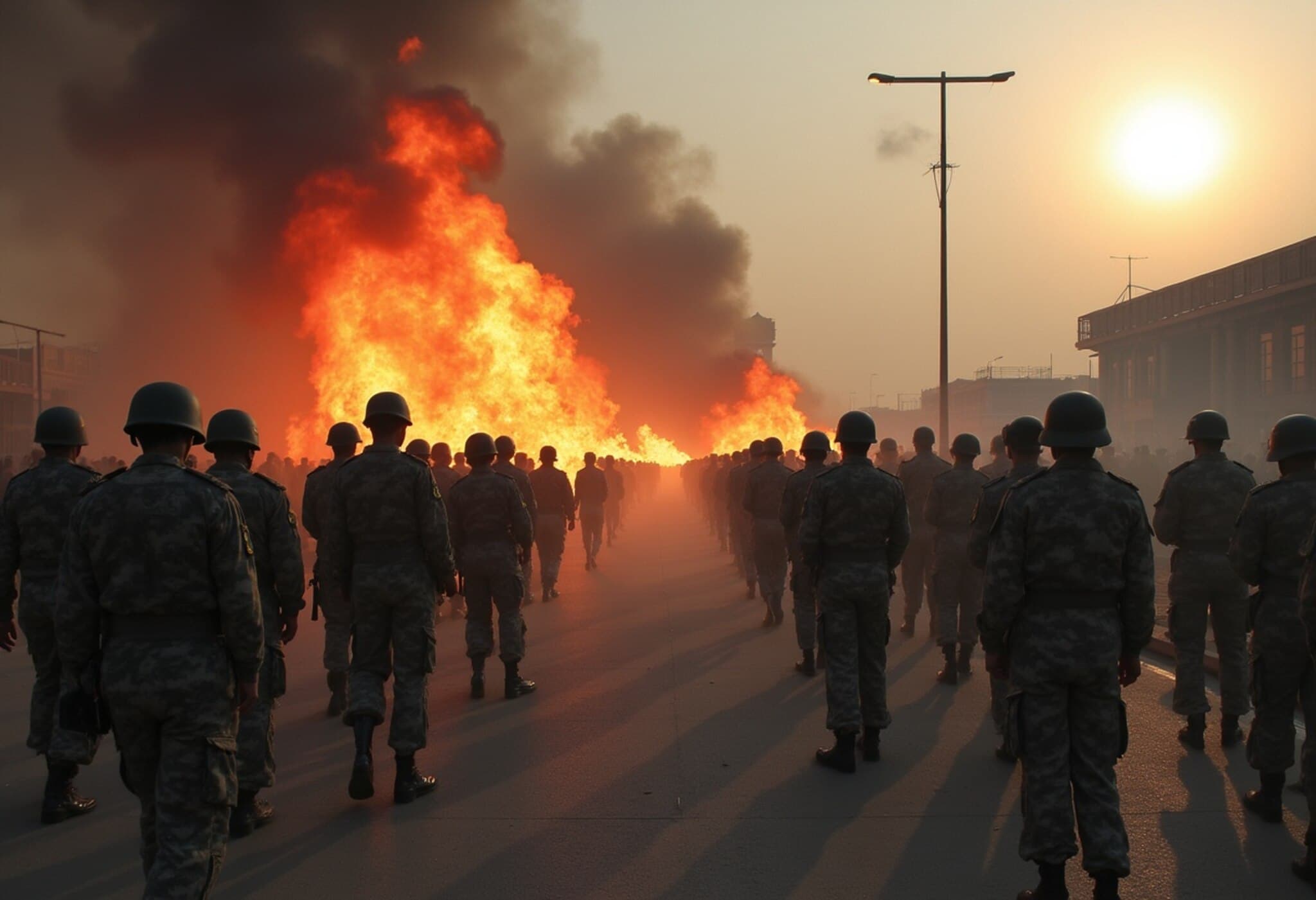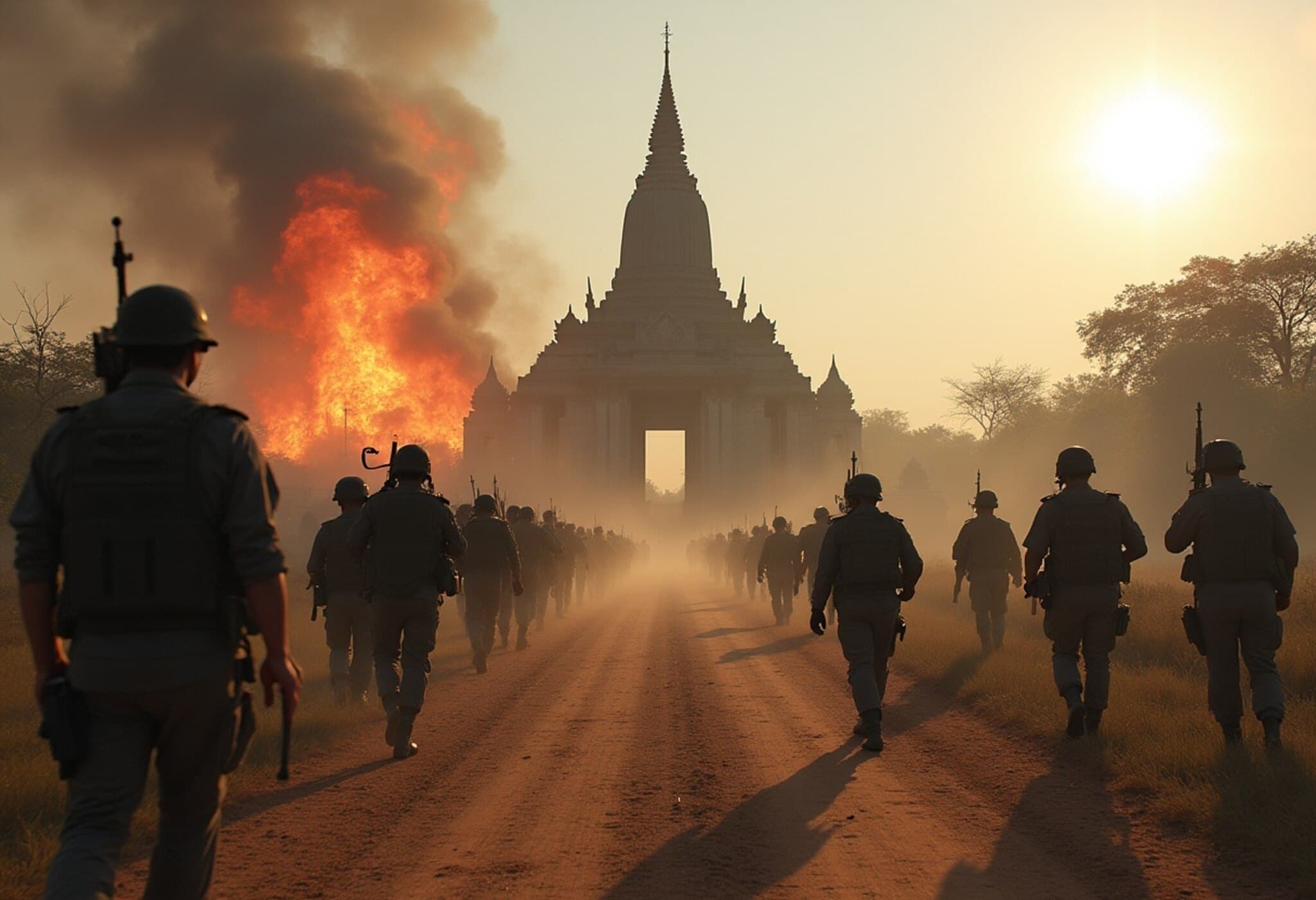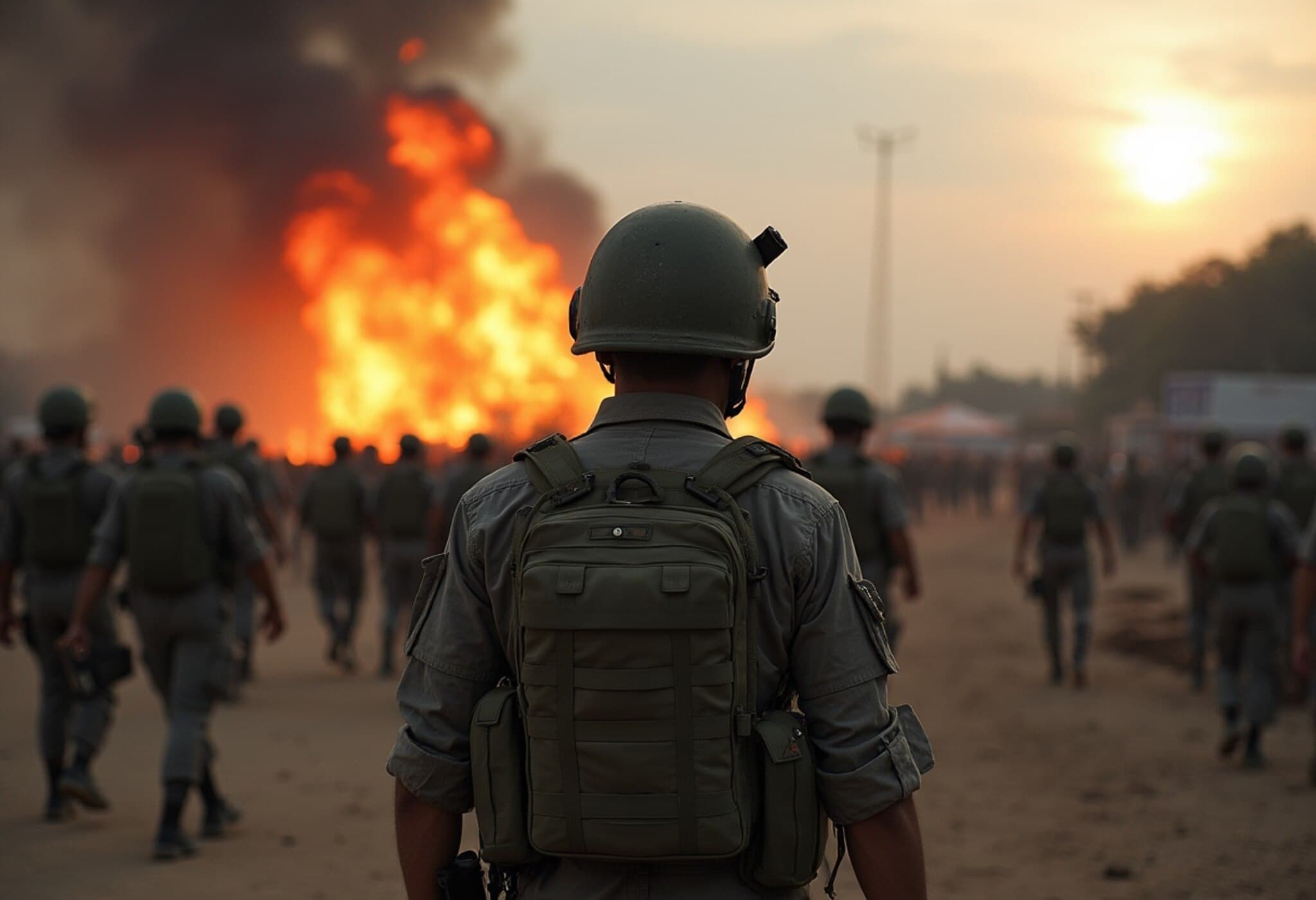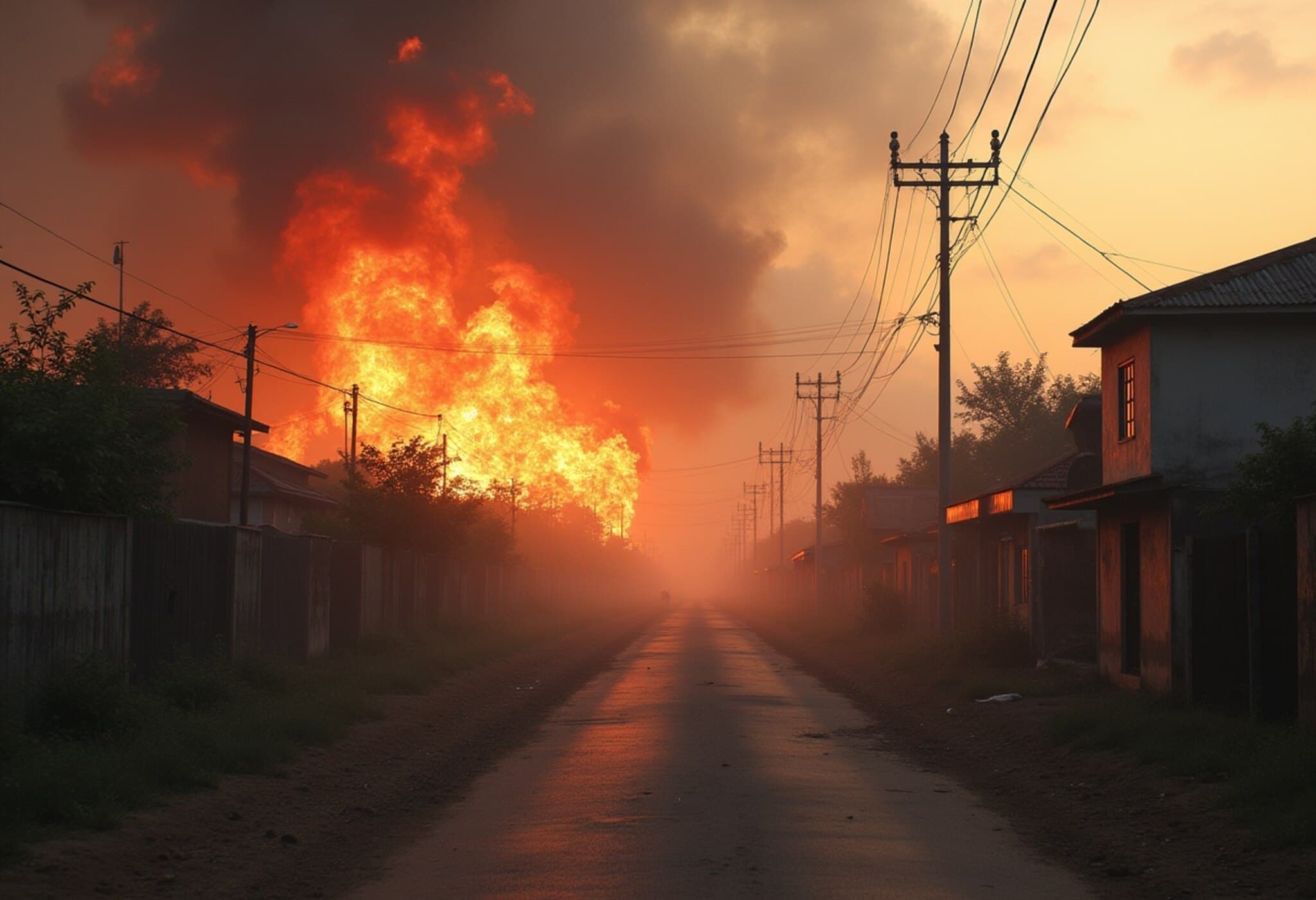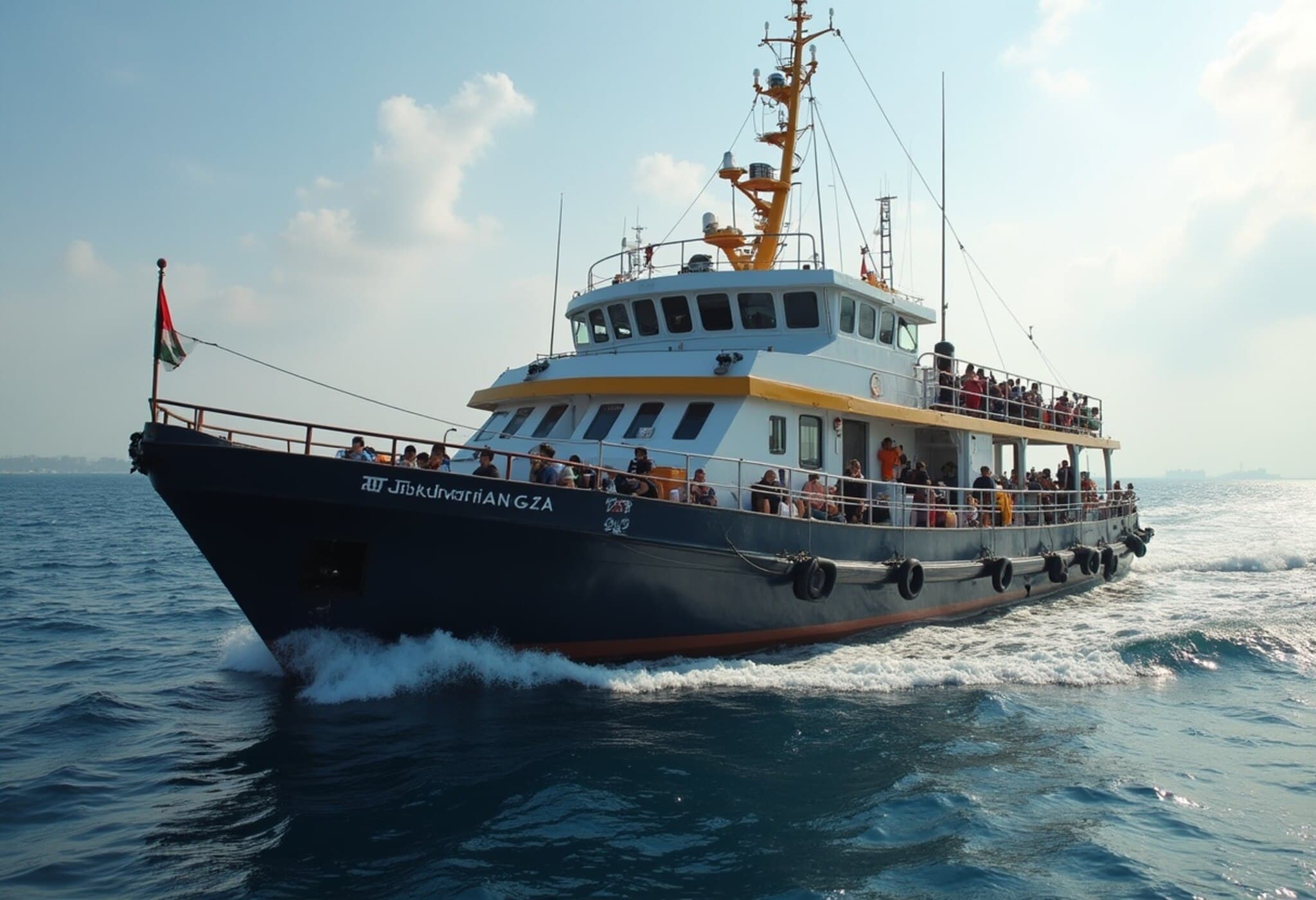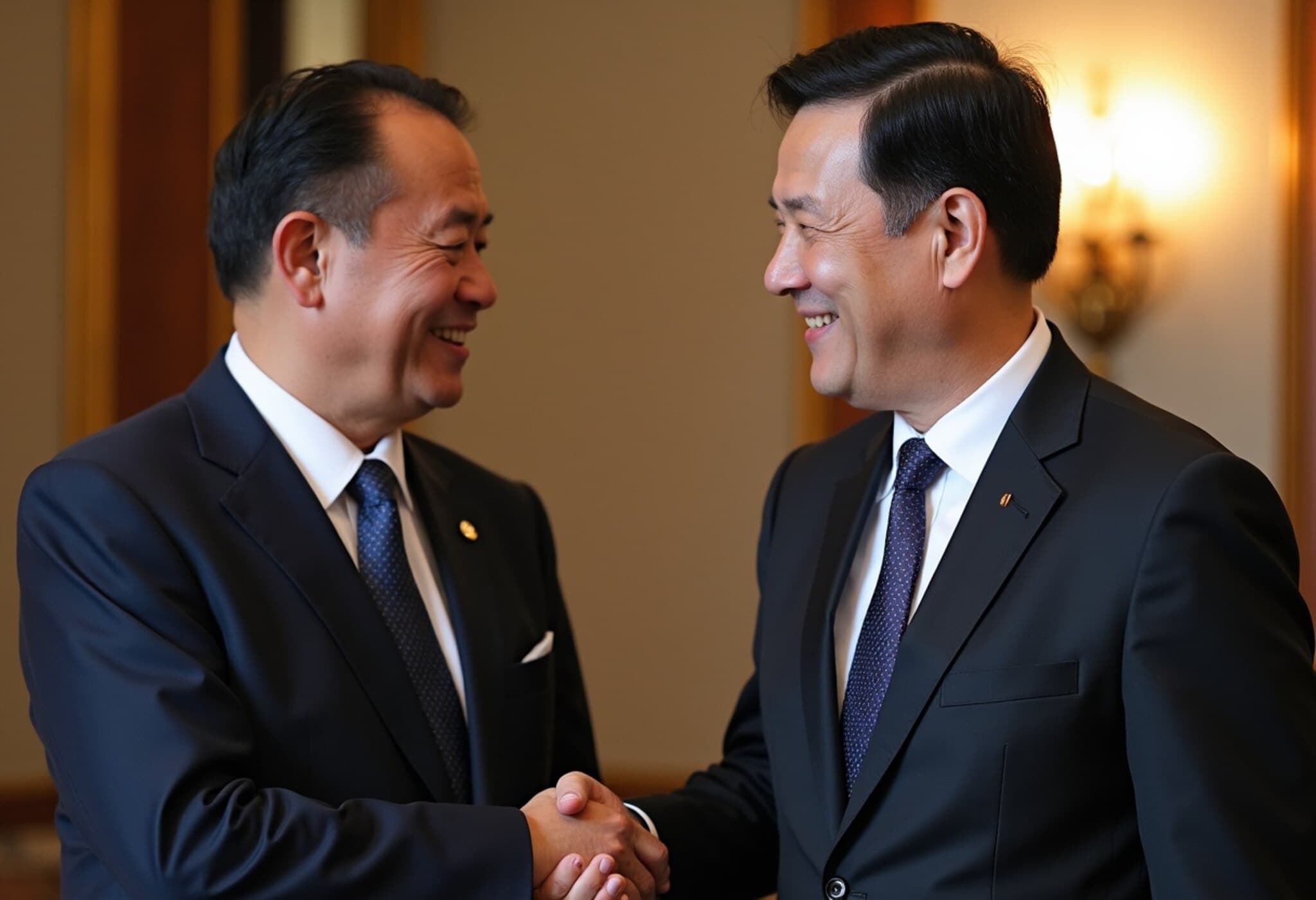Thai and Cambodian Leaders to Hold Crucial Peace Talks in Malaysia
In a significant development aimed at resolving the recent deadly clashes along the Thai-Cambodian border, Thailand's acting Prime Minister Phumtham Wechayachai and Cambodia's Prime Minister Hun Manet are scheduled to meet in Malaysia on Monday. This diplomatic engagement follows direct pressure from former U.S. President Donald Trump, whose intervention has renewed international focus on the escalating conflict that has tragically claimed at least 34 lives and displaced over 168,000 people.
Trump’s Unconventional Role in Southeast Asian Diplomacy
Often seen as an unpredictable actor on the global diplomatic stage, Donald Trump has taken a surprisingly assertive stance in the ASEAN (Association of Southeast Asian Nations)-related border dispute. His public warning via Truth Social that the U.S. would withhold trade agreements with Thailand and Cambodia unless the fighting ceased acted as a catalyst for renewed negotiations.
While Trump's motives and methods have sparked debate among foreign policy experts, this episode underscores a fascinating case of U.S. leverage in regional conflicts, particularly when trade incentives become diplomatic tools. It also raises questions about the evolving nature of informal diplomacy and influence outside traditional State Department channels.
Contextual Background: The Longstanding Border Conflict
The contentious border between Thailand and Cambodia stretches over 800 kilometers and carries a history riddled with disputes, often rooted in complex legacies of colonial-era maps and cultural heritage sites. The recent surge in violence erupted after a landmine explosion injured Thai soldiers on July 24, leading to heavy artillery exchanges targeting civilian areas and the ancient Ta Muen Thom temple, a symbolically charged site for both nations.
Renewed Violence and Humanitarian Impact
Despite the impending peace talks, hostilities have yet to abate fully. Both sides continue to exchange artillery fire, with Thailand accusing Cambodia of initiating attacks and vice versa. The military standoff has prompted both governments to recall ambassadors, and Thailand closed border crossings, raising fears of prolonged instability.
The human cost is devastating. Over 168,000 residents from both countries have fled their homes, with entire villages evacuated, schools shuttered, and hospitals struggling to operate amid the turmoil. Personal stories from evacuees like air-conditioning technician Pichayut Surasit and local vendor Bualee Chanduang highlight the profound yearning for peace among ordinary citizens caught in the crossfire.
International and Regional Stakeholders Step In
- Malaysia’s Role: Malaysian Prime Minister Anwar Ibrahim, serving as ASEAN chair, has convened the meet, emphasizing ASEAN’s critical role in fostering regional stability.
- United Nations: The UN Security Council has urged all parties to prioritize dialogue and civilian protection, condemning any use of prohibited weapons such as cluster munitions reported in the conflict zone.
- Human Rights Watch: Rights groups have spotlighted violations of international humanitarian law, calling for accountability and immediate cessation of hostilities.
Diplomatic Challenges and the Road Ahead
The peace talks in Malaysia represent a fragile yet hopeful opportunity to break a cycle of blame and violence. The Thai Foreign Ministry stresses the necessity of "sincere intention" from Cambodia to reach a ceasefire, while Cambodia demands Thailand halt its alleged incursions. Both sides appointing foreign ministers and engaging with U.S. Secretary of State Marco Rubio demonstrates a multi-layered diplomatic effort.
Experts note that for lasting resolution, beyond ceasefires, addressing underlying issues such as border demarcation, cultural heritage management, and refugee rehabilitation will be crucial. Moreover, sustaining peace will require ASEAN's strong mediation backed by consistent international support.
Expert Insight: Why This Peace Talk Matters
As someone with deep expertise in Southeast Asian geopolitics, I see this moment as critical not only for bilateral relations but also for regional security architecture. Border conflicts here risk disrupting ASEAN cohesion and impacting economic integration efforts. The U.S. engagement, although unconventional, illustrates the strategic importance of Southeast Asia in global diplomacy. How ASEAN navigates this crisis could redefine its role as a peace broker in future disputes.
Summary
The forthcoming peace talks in Malaysia between Thailand and Cambodia, prompted notably by Donald Trump’s intervention, represent a pivotal juncture in a protracted and deadly border conflict. While fresh diplomatic overtures kindle hope, ongoing clashes and civilian suffering underscore the complexity of achieving lasting peace. Regional cooperation, genuine political will, and robust international oversight remain essential to secure stability on one of Southeast Asia’s most sensitive frontiers.
Editor’s Note
This unfolding story invites reflection on the evolving nature of international diplomacy—where informal actors and social media interventions suddenly shape geopolitical outcomes. It also highlights the human toll behind political conflicts often reduced to headline summaries. Readers are encouraged to consider the underlying causes of such disputes and the importance of sustained, inclusive dialogue to ameliorate tensions that affect millions beyond the battlefield.



